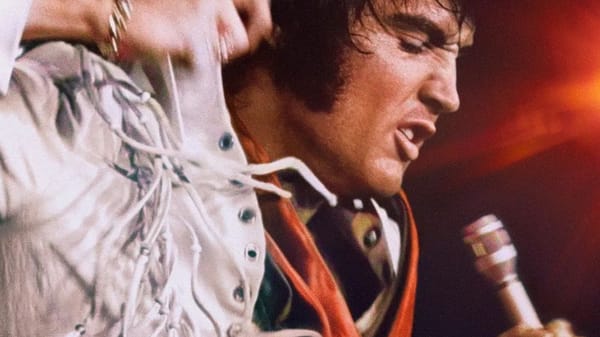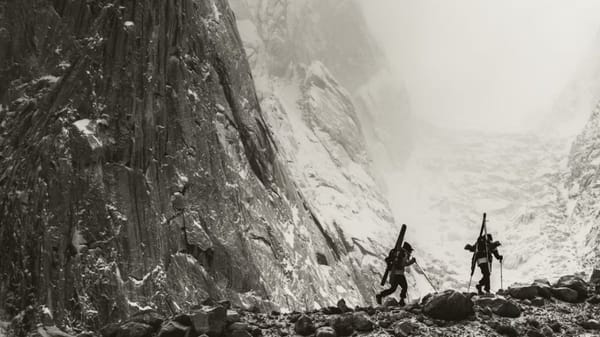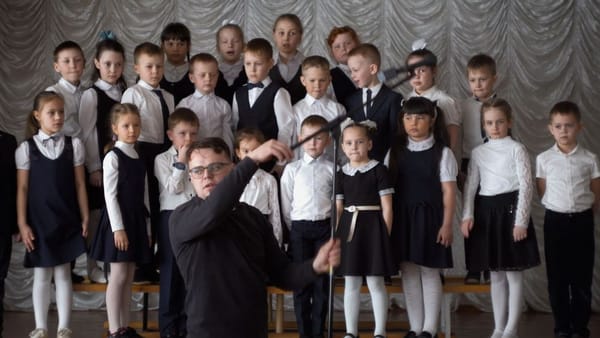Ai Weiwei's Turandot (dir. Maxim Derevianko)
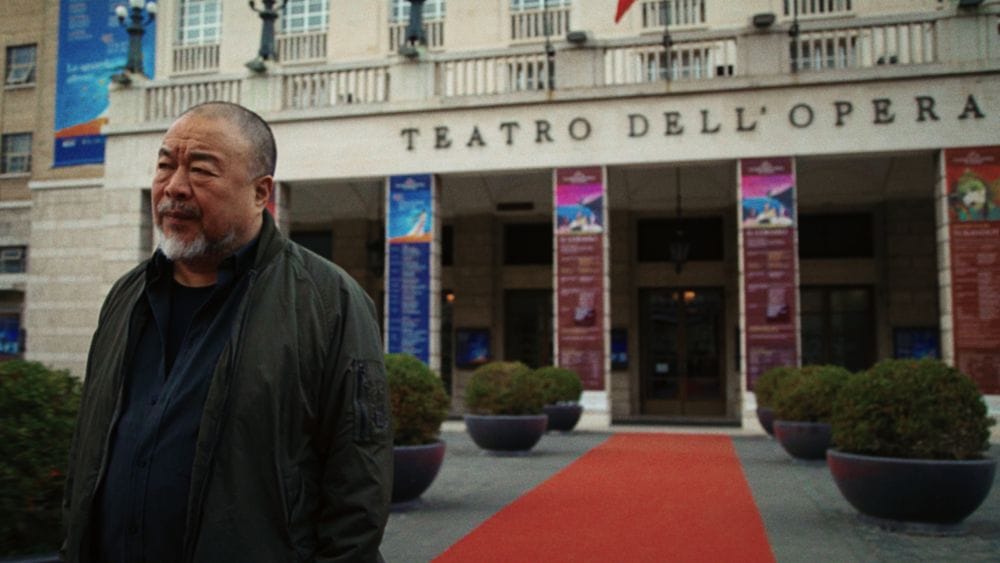
What happens when Ai Weiwei, one of the most prominent artist-activists of our time, decides to direct an Italian production of a Puccini opera? Of Turandot, no less, with its orientalism and famously tacked-on happy ending. Surprisingly, it all goes swimmingly! Well, except for the upcoming pandemic that any audiences will fear lingering over its opening half thanks to its ominous opening timestamp of March 2020. One of the production’s dancers even coughs and it’s like alarm bells go off.
But back to Maxim Derevianko’s documentary Ai Weiwei’s Turandot, which charts such a production by the Teatro dell’Opera in Rome with Ai at the helm.
As opening remarks go, “I don’t like opera and normally I don’t listen to music” is surely an audacious one to start a film about opera. Derevianko uses this dichotomous remark as the springboard for examining what would bring an artist like Ai Weiwei to take on such a role. “I like to do what I’m not good at. I like trouble” is another line that captures the potential friction at the heart of this production. Except he does prove to be thoroughly good at the role, moving the story into terrain that is contemporary and politically relevant. That’s great for people who got to see the show, but for a film it doesn’t always make for the most dramatic of viewing. There seems to be no pushback to his selection as director, nor the seemingly radical recontextualising of the show. If you ignore the deadly virus spreading around the world, you probably couldn’t get an easier path to the stage for such a revisionist take on a beloved text. And in Italy, no less! Was this accurate? Maybe, maybe not. It's not something the film chooses to linger on either way.
It's probably this reason then that Derevianko uses his film to make something of a biography of Ai Weiwei. We learn of his upbringing, his relationship to choreographer Chiang Ching from an earlier production of Puccini’s opera, and, eventually, his rise as China’s most famous—an infamous—artists. We see the large-scale murals made from backpacks of school kids killed in earthquakes, we see bird-flipping selfies with celebrities, and news footage of his detainment by Chinese police. Additionally, editor Emanuele Bonomi makes extensive use of Ai’s own films, many of which document his own artistic processes and status as a political dissident, like Straight and So Sorry, and ties in nicely with the themes of his intepretation of Turandot. Those who are familiar with Ai Weiwei’s film work will recognise the links between this operatic production and his work documenting, for example, the Hong Kong umbrella protests of Cockroach or the migratory experience in Human Flow.
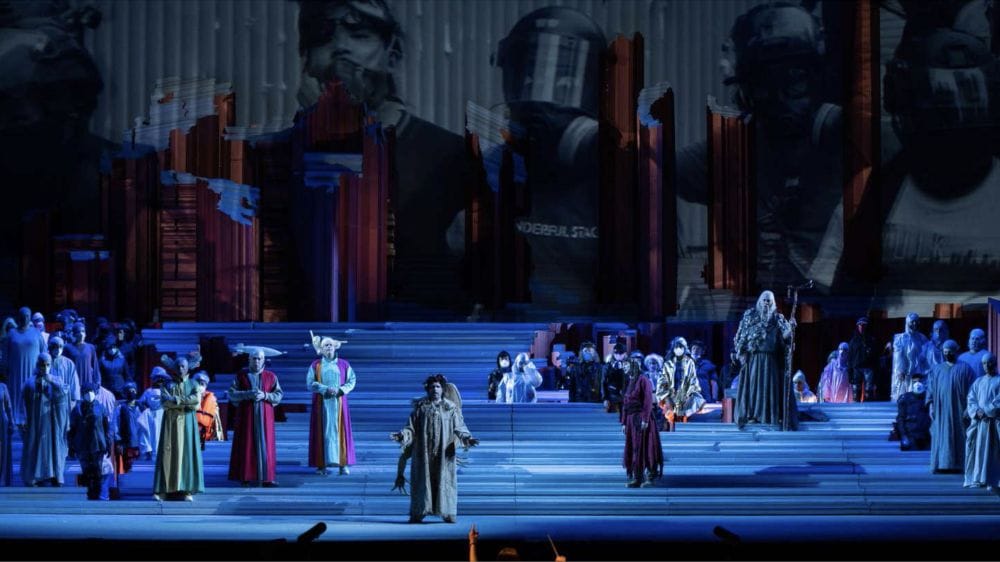
Quite a bit is also made in the final third of Oksana Lyniv, a Ukrainian conductor who is brought in upon the production’s return from Covid-19 shutdowns only to then have to confront the Russian invasion of her homeland. The balance is outweighed to Ai Weiwei, but Lyniv and Chiang Ching for that matter, too, have stories that could have been fleshed out just as much as Ai’s. Especially with such a brief runtime of only 74 minutes minus credits. And even more especially when there is already a distinct rushed quality to the film. Elsewhere, the doc does get fine use out of the wonderful designs of the play (that incredible set and those fabulous costumes) that get just enough of a close-up to allow us to appreciate and respect the craftmanship.
And I guess that’s the main benefit of a film like this. It acts as a nice artefact for those of us who would never have the opportunity to see such a production. I would have liked to have seen more of its final form, especially since the movie’s opening sequence showing a stage bathed in deep blues and its abstract projections was a breathtaking way to begin. As a film about the making of a production, Ai Weiwei’s Turandot is well-made and modestly involving. I think there was plenty more to say on the matter, particularly as it revolves around the idea that Derevianko and Ai make a lot out of—that art will have the final word. We’re told a lot about the production, but don’t get to see enough of that put into action. “Everything is art. Everything is politics” is a line from Ai Weiwei that we hear a couple of times here and I think it would have really benefited the final product here to explore that within Turandot and what it really means for somebody like Ai to put on a production like this in a modern world where the fascists are back in charge.
If you would like to support documentary and non-fiction film criticism, please consider donating by clicking the above link. Any help allows me to continue to do this, supports independent writing that is free of Artificial Intelligence, and is done purely for the love of it.

